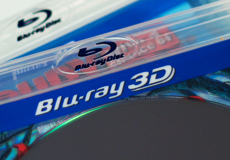Has Amazon Become the Most Disruptive Company in Media?
September 8, 2011
- Amazon has become “the most disruptive company in the media and technology industries,” suggests Wired.
- Amazon’s rumored tablet has the potential to be the perfect machine to sell both digital goods delivered immediately or physical goods delivered in two days.
- “Why not make an independent movie or television show and release it through Amazon?” asks the article. “Once the video is hosted on Amazon’s servers, it’s available for immediate digital download or streaming through Prime to desktops, tablets or set-top boxes. Both streaming and downloads promise a revenue share for content creators. Customers could buy a Blu-ray or DVD that Amazon burns and ships on demand — no storage, no overhead.”
- While some of the content may not prove to be top quality, some of it could be the next Funny Or Die or Channel 101 while dramatically impacting distribution: “The breadth and independence of buying choices could easily differentiate Amazon from traditional studios — or even for those studios themselves, from competing services like Netflix.”
- Amazon may also offer its forked Android-based OS as a platform to hardware partners providing a new platform with its own code, app and media stores, cloud services and revamped UI.
- “In a year from now,” writes Forrester analyst Sarah Rotman Epps, “we could see a range of ‘Amazon tablets’ made by different hardware manufacturers.”











